Rosemary leaves (Rosmarinus officinalis) are aromatic, evergreen herb leaves native to the Mediterranean region. These slender, needle-like leaves are rich in essential oils, giving them a distinct fragrance and flavor. Rosemary is widely used in culinary applications, imparting a savory, slightly pine-like taste to dishes like roasted meats, vegetables, soups, and sauces.
Aside from its culinary use, rosemary has been valued for its medicinal properties for centuries. It contains several bioactive compounds, including rosmarinic acid, caffeic acid, and essential oils like cineole and camphor. These compounds contribute to its various health benefits, such as promoting digestion, reducing inflammation, and supporting the immune system.
Rosemary leaves are often used in traditional medicine to address respiratory issues, improve memory, and alleviate stress and anxiety. It is also believed to have antioxidant properties that help combat free radicals and protect the body from oxidative damage.
Uses & Health Benefits:
Rosemary leaves offer numerous health and culinary benefits:
- Enhanced Memory: Rosemary may improve cognitive function and memory retention.
- Anti-Inflammatory: Its compounds have anti-inflammatory properties that can reduce inflammation.
- Rich in Antioxidants: Rosemary is packed with antioxidants that combat free radicals and oxidative stress.
- Digestive Health: It aids digestion and may alleviate indigestion and bloating.
- Promotes Hair Growth: Rosemary stimulates blood circulation in the scalp, which can help nourish hair follicles and promote hair growth.
- Strengthens Hair: The antioxidants and essential nutrients in rosemary leaves strengthen hair strands, reducing breakage and split ends.
- Dandruff Control: Rosemary’s antibacterial and antifungal properties can help combat dandruff and soothe an itchy scalp.
- Improves Scalp Health: Rosemary’s anti-inflammatory properties may help alleviate scalp conditions like itching, redness, and irritation.
- Respiratory Relief: Rosemary can help relieve respiratory issues and congestion.
- Immune Support: Its properties may boost the immune system.
- Mood Enhancement: Rosemary’s aroma can enhance mood and reduce stress.
- Pain Relief: It may alleviate muscle pain and soreness.
- Culinary Delight: Rosemary adds flavor to various dishes, elevating their taste.
- Skincare: Rosemary-infused products can benefit skin health and hair growth.
How to Use?
Rosemary leaves are versatile and flavorful, making them a wonderful addition to a variety of dishes. Here are several ways to use rosemary leaves in your culinary creations:
- Infuse Oils and Vinegars:
- Add fresh rosemary leaves to olive oil or vinegar to create infused oils and dressings. Simply place the rosemary leaves in a clean glass bottle, cover with oil or vinegar, and let it sit for a few days to allow the flavors to meld.
- Season Meat and Poultry:
- Rosemary pairs beautifully with lamb, chicken, turkey, and pork. Chop fresh rosemary leaves and sprinkle them over meat before roasting or grilling. You can also create a marinade with olive oil, garlic, and rosemary for added flavor.
- Flavor Roasted Vegetables:
- Toss vegetables such as potatoes, carrots, parsnips, or squash with olive oil, minced rosemary leaves, salt, and pepper before roasting. The herb adds a fragrant and savory note to roasted vegetables.
- Enhance Breads and Baked Goods:
- Add chopped rosemary leaves to bread dough or biscuit batter for a savory twist. You can also sprinkle whole leaves on top of bread loaves or rolls before baking for a decorative touch.
- Infuse Soups and Stews:
- Tie fresh rosemary sprigs together with kitchen twine and add them to soups, stews, or broths while they simmer. The herb infuses the liquid with its aromatic flavor, enhancing the overall taste of the dish.
- Flavor Sauces and Gravies:
- Finely chop rosemary leaves and stir them into sauces, gravies, or pan sauces to add depth and complexity. Rosemary complements tomato-based sauces, cream sauces, and meat gravies particularly well.
- Make Herbal Butter:
- Mix chopped rosemary leaves into softened butter along with minced garlic, lemon zest, and a pinch of salt. Form the mixture into a log using plastic wrap and chill until firm. Slice the flavored butter and use it to top grilled meats, vegetables, or bread.
- Create Herbal Seasoning Blends:
- Combine dried rosemary leaves with other herbs such as thyme, oregano, and sage to create your own homemade seasoning blends. Use the mixture to season meats, vegetables, or roasted potatoes.
Note:
The information is for educational purposes only. This information has not been evaluated by the Food and Drug Administration.
This information is not intended to diagnose, treat, cure, or prevent any disease.

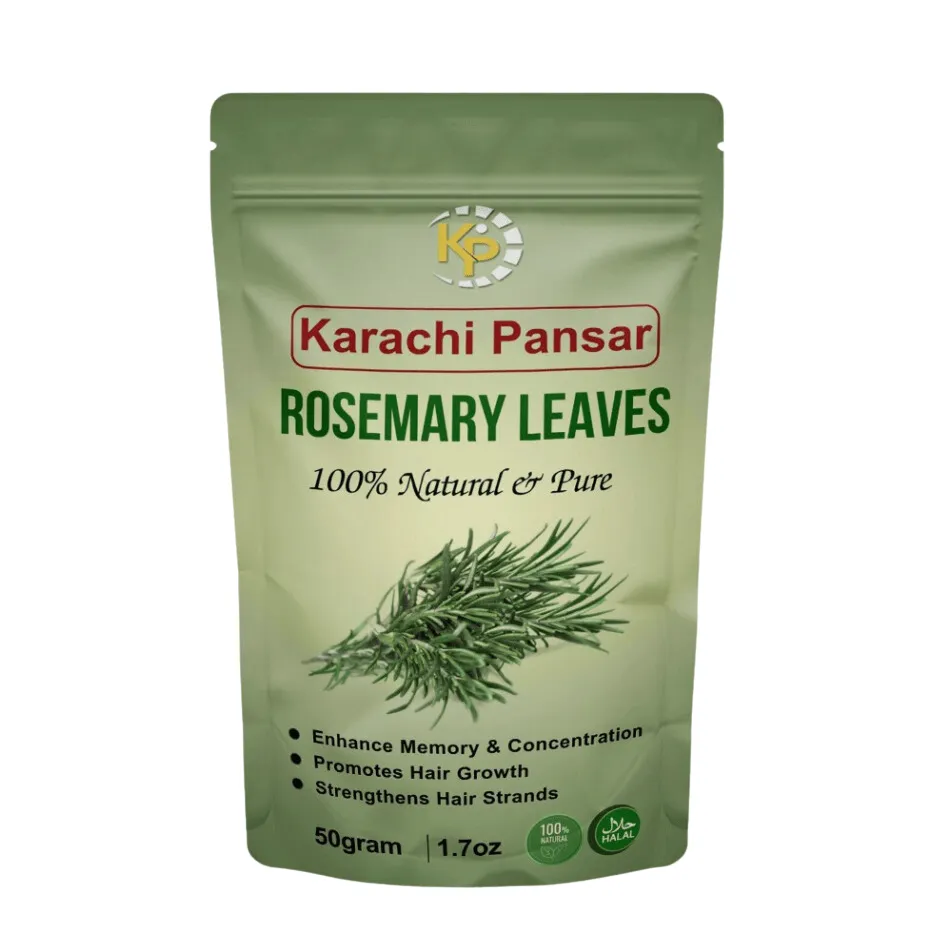
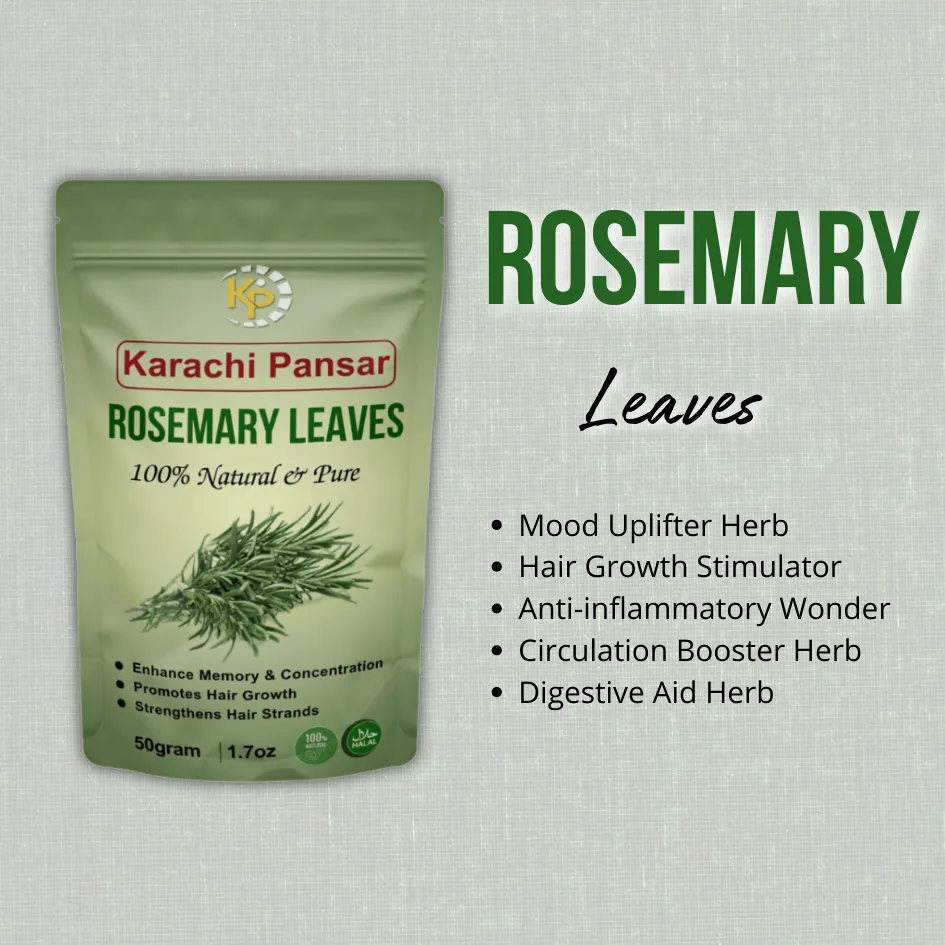
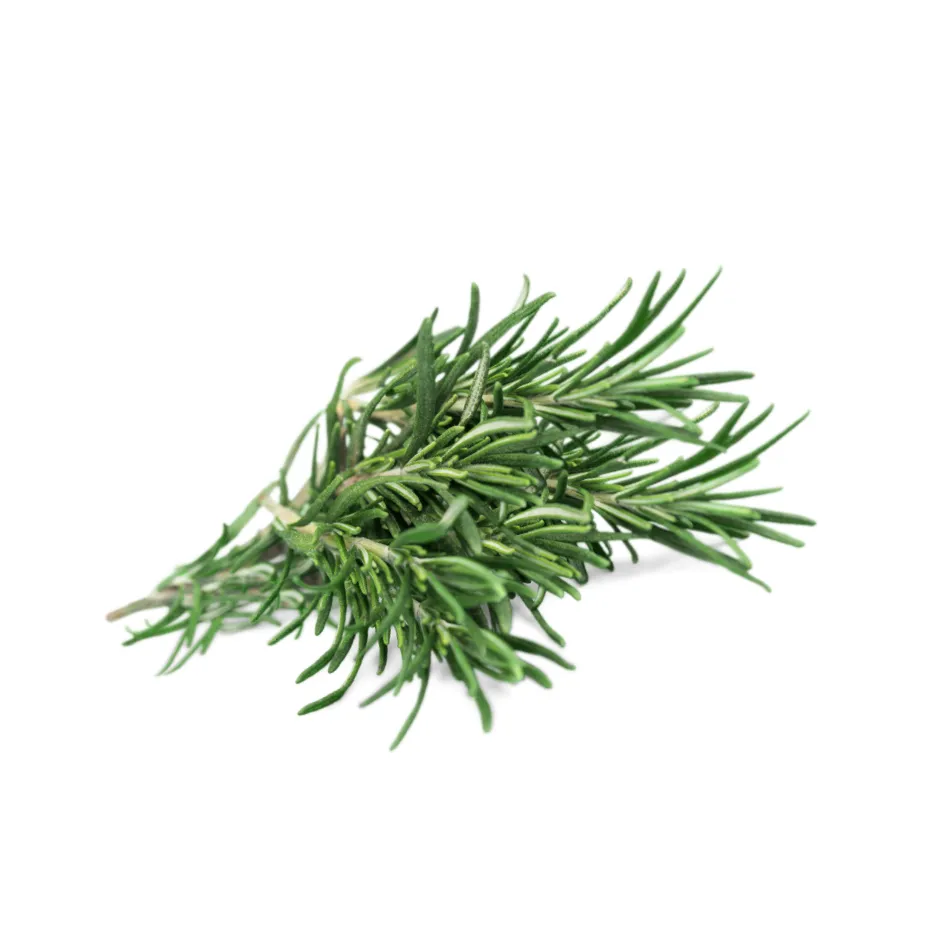

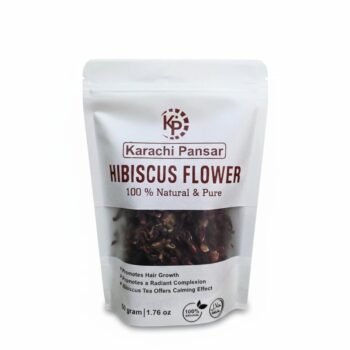
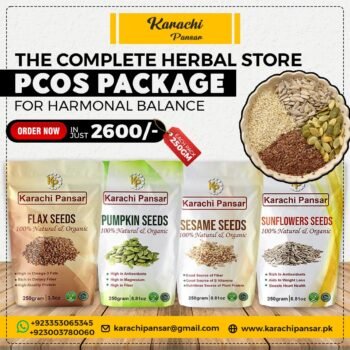
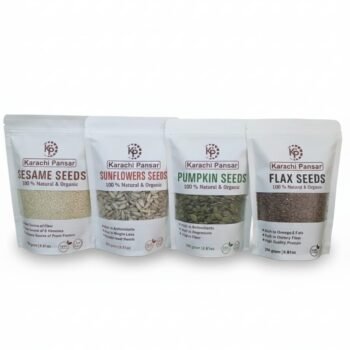


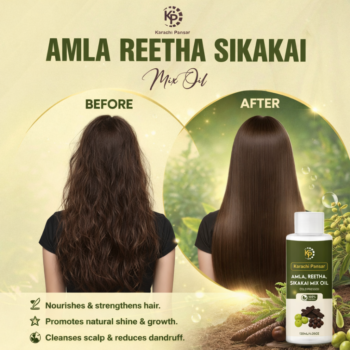
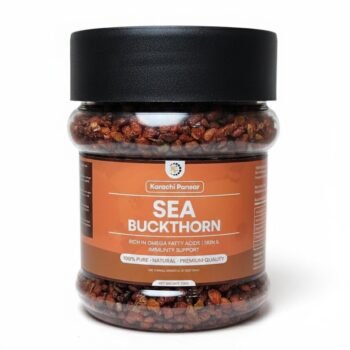





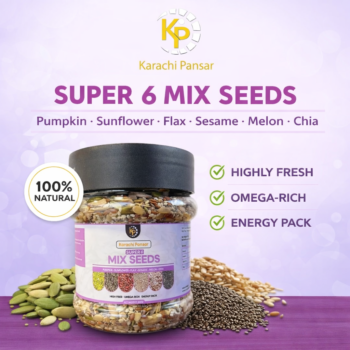






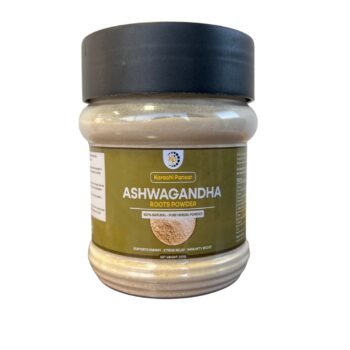





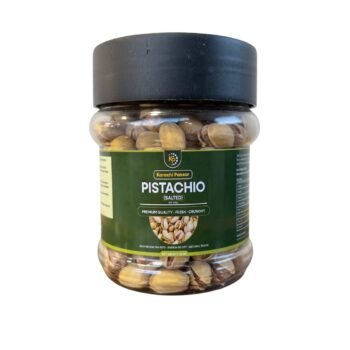




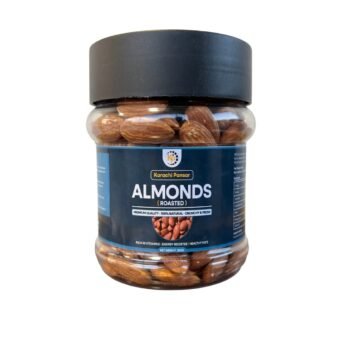

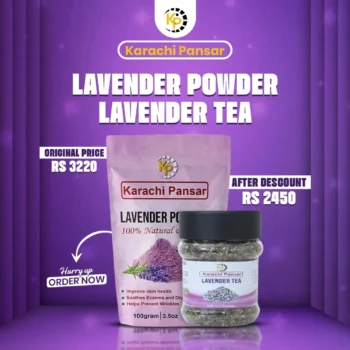
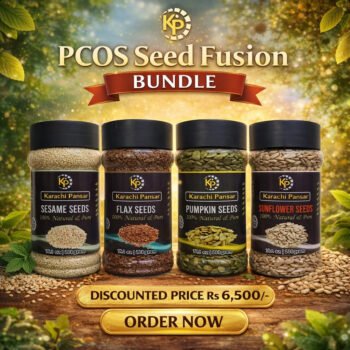


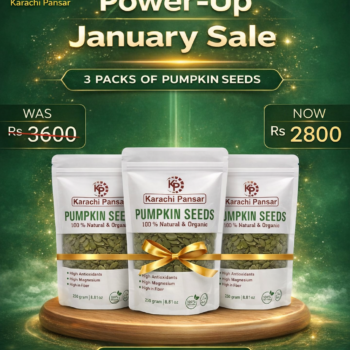
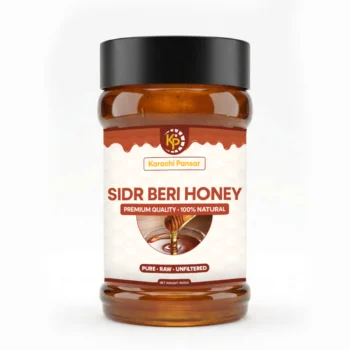

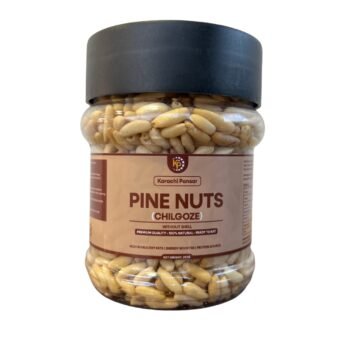
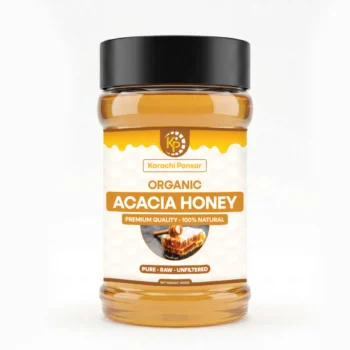


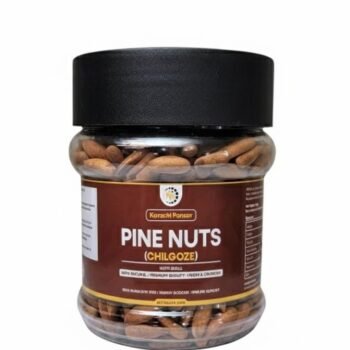
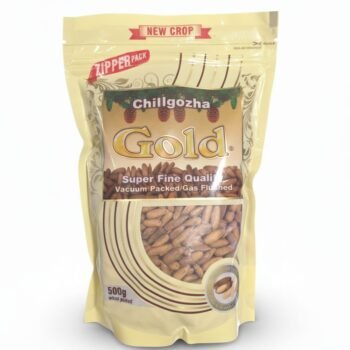


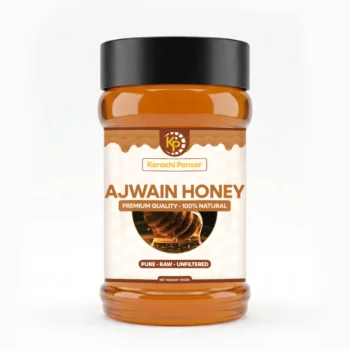

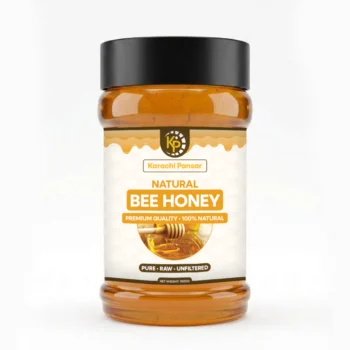



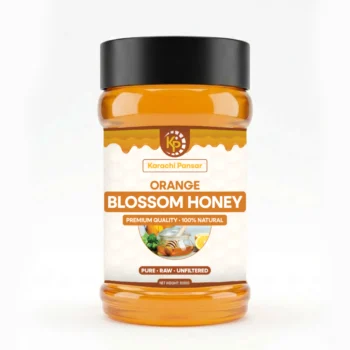

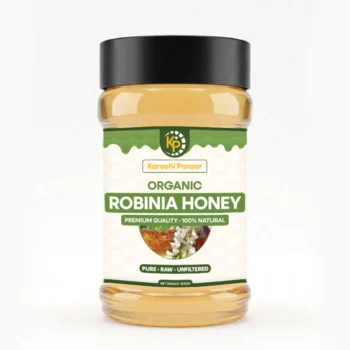
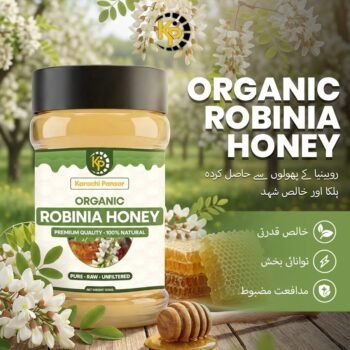
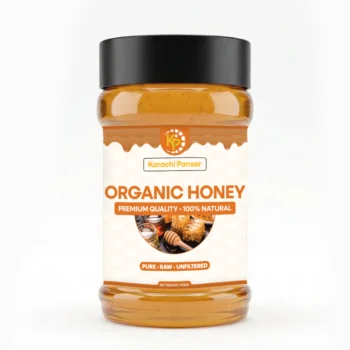

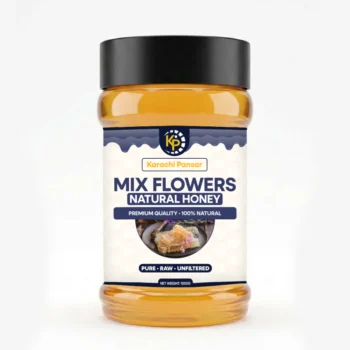
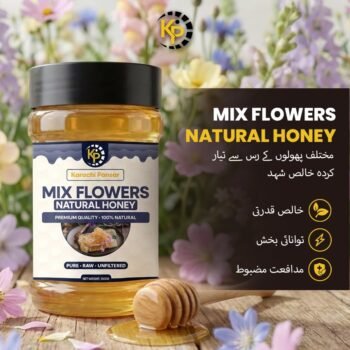
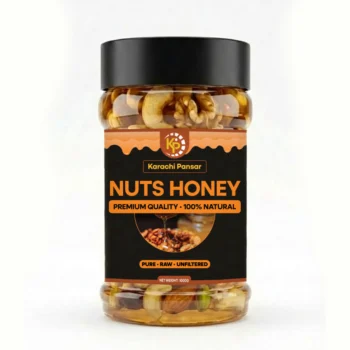


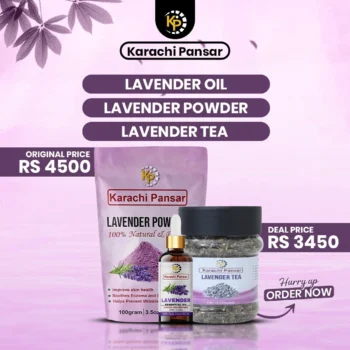
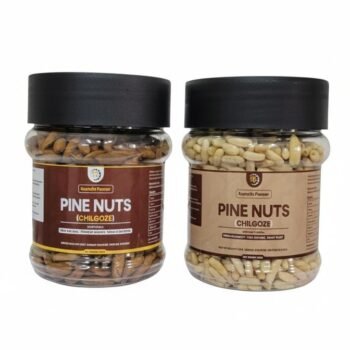


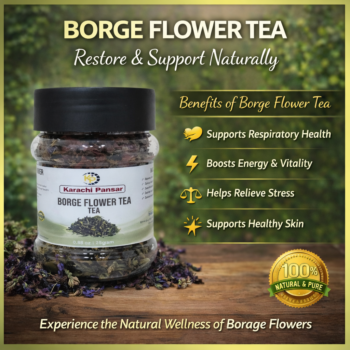
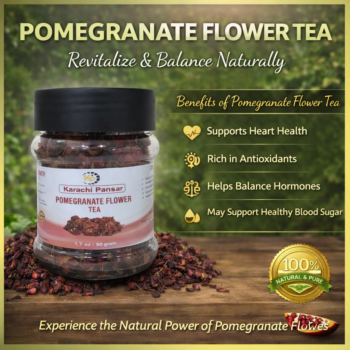
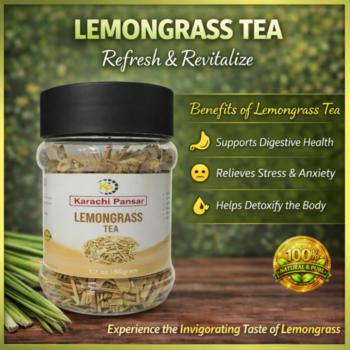


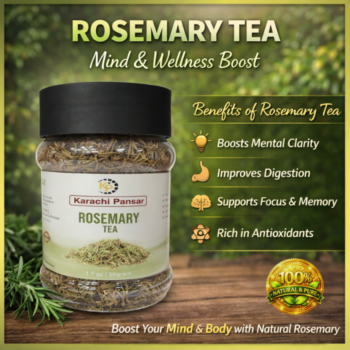
Andleeb –
Good quality.
uswasandhu –
Good quality.